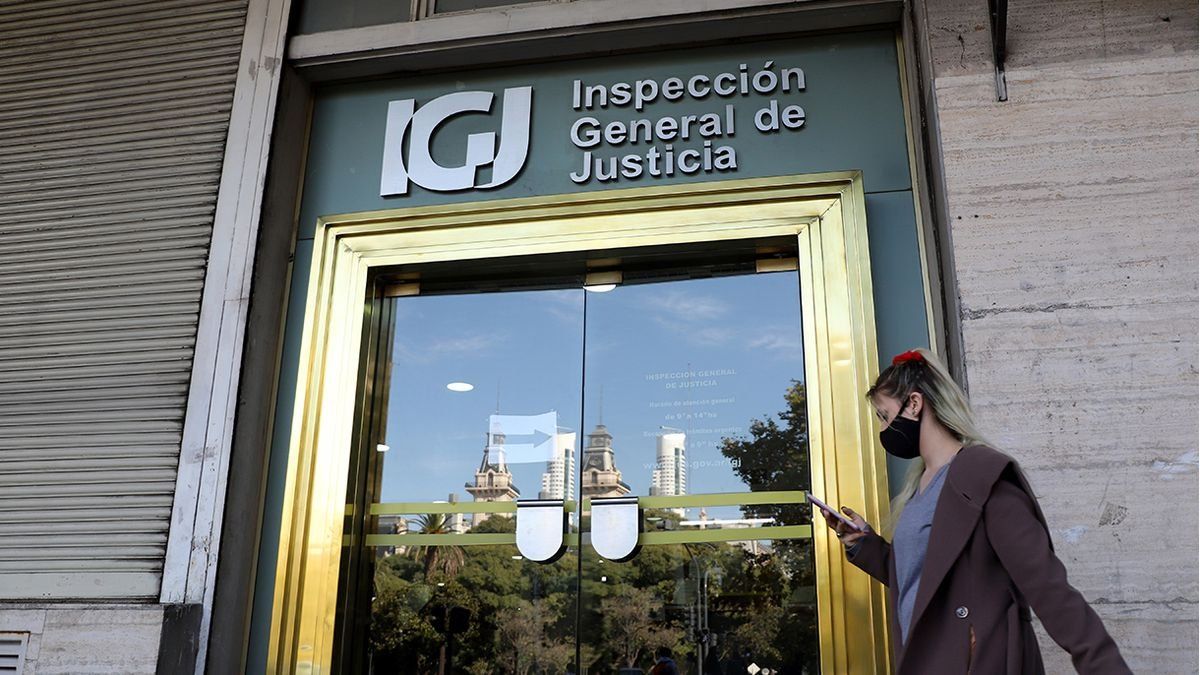In line with the political decision of the national government to deregulate and reduce the bureaucratic structure of the State, the General Inspection of Justice (IGJ) canceled the so-called “Registry of Inactive Entities” (REI) which to date was made up of 523,800 private firms and institutions.
The REI was made up of institutions that are supposed, had not completed the submission of a mandatory affidavit of data established by a 2010 resolution through which they had to report, among other things, corporate headquarters, current authorities, financial statements and CUIT.
The objective of such a measure taken 15 years ago was “plan and intensify inspection tasks and update the database of commercial companies, companies incorporated abroad and binational companies, as well as civil associations and foundations.” The submission period was 60 days.
Who devised the “Operational Affidavit” it was then Inspector General of Justice, Marcelo Mamberti, and the procedure, according to the control body itself, was useless and generated uncertainty for those affected.
The reality is that due to the accumulation of papers that occurred in the organization, in 2014 the IGJ decided to extend the deadlines for submitting the DDJJ. lThose who did not complete the requirement were added to the REI and were prevented from carrying out other types of procedures. In 2016, this group of companies was unblocked and began to accept procedures without having submitted the DDJJ.
The procedure was finally repealed in 2017 in a resolution that was based on the “need to decompress and properly channel the work of the different affected areas.” Nevertheless, That resolution established that those who were in the REI had to finish presenting the Affidavit.
The most notable thing about the measure, which ends up repealing the Registry, is that the organization bases such decision on the fact that the entire operation generated administrative complications within its own structure and thatThe registry of inactive companies was useless:
“The REI, due to its eminently static character, does not reflect a reliable panorama on the real situation of inactivity of the private legal entities that are included in it nor does it provide relevant information regarding said entities; and as a result of this, the Emerging information from your entries is not useful for the preparation of accurate statistics. at the same time that it constitutes a source of uncertainty for interested parties, third parties and national and international control organizations of diverse nature,” says the standard that is published in the Official Gazette.
The IGJ facilitates the presentation of late information
On the other hand, The IGJ reported that there will be a period between February 1st and December 31st so that companies and societies that are behind with the presentation of its financial statements and board minutes from previous periods can catch up with that requirement.
They will have to complete the payment of a single payment form. “Late presentation of financial statements” depending on the type of entity that corresponds, and without prejudice to the documentation related to previous years that they voluntarily wish to present.
The Foundations, in addition to presenting the owed financial statements, will accompany the corresponding Board of Directors meetings approving them, attaching the three-year action plan for the following three-year period and, in relation to the last completed accounting year.
Source: Ambito




